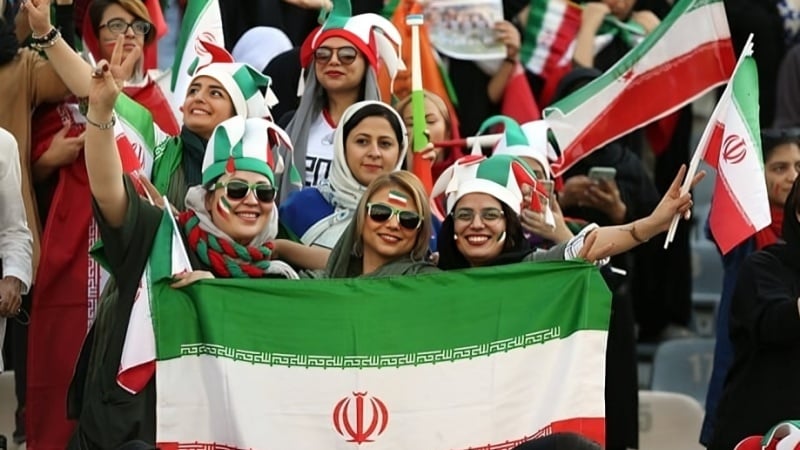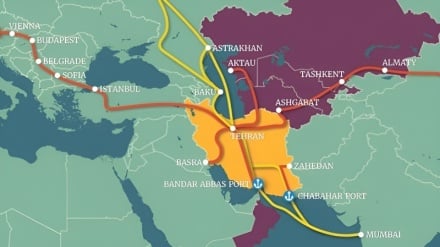Why the Zionist regime’s attack on Iran backfired?
Pars Today – An American publication has analyzed the reasons behind the Zionist regime’s failure in its 12-day war with Iran.
On Tuesday, Foreign Policy wrote that the recent war between the Zionist regime and Iran had backfired on Tel Aviv, with the regime failing to achieve its strategic objectives. According to Pars Today, the American magazine reported that the war began with a large-scale Israeli offensive, including covert operations and airstrikes on Iranian facilities.
However, Iran quickly responded with missile strikes on Israel and U.S. bases, triggering a serious regional escalation. In doing so, Iran sent a clear message to its adversaries: it is capable of extending conflict beyond its own borders.
The article continued: Despite Israeli officials’ claims, no confirmed damage has been reported to Iran’s nuclear program. Western intelligence assessments indicate that the main facilities involved in the program remain intact. Moreover, Israel failed to achieve its goal of “weakening Iran’s deterrent capabilities.”
Foreign Policy further noted that in response to the attacks, Iran’s parliament passed legislation to suspend cooperation with the International Atomic Energy Agency and adopted a strategy of nuclear ambiguity — a stance similar to Israel’s long-held policy of refusing to disclose its nuclear capabilities and blocking inspectors.
Iran’s missile power
According to the magazine, although the nuclear outcome of the attack remains uncertain, Iran’s missile capabilities became clearly evident. Its ballistic missiles successfully penetrated American and Israeli air defenses and struck military bases, intelligence headquarters, oil refineries, and research facilities.
Foreign Policy reported that following Iran’s retaliatory strikes, airports — especially Ben Gurion — were shut down, Israel’s economy was brought to a standstill, and an estimated $500 million worth of U.S.-made THAAD interceptors were used. Although Israel’s censorship authority restricted media coverage, more than 41,000 compensation claims were filed during the war.
Former Trump advisor Steve Bannon explicitly stated that halting the war was essential to save Israel, admitting that Israel was running low on defense resources. U.S President Donald Trump also acknowledged that Israel had suffered severe damage.
A surge in Iranian nationalism
The article went on to say that the Iran-Israel war produced unexpected social consequences inside Iran. Contrary to Western expectations, instead of igniting political change or destabilizing the government, the war fueled nationalist sentiment and strengthened national unity.
Rather than undermining internal stability, it reinforced solidarity among the Iranian people. Outrage over the Israeli attacks sparked a broad national mobilization that included a wide range of social groups — from artists and athletes to religious figures and even members of Generation Z.
According to the report, Iranians responded to the Israeli attacks by hosting those who had lost their homes, strengthening a sense of social responsibility. Images of martyred children, doctors, and civilians further solidified the public’s belief that the war’s aim was not their liberation, but the destruction of their country.
In conclusion, Foreign Policy wrote that while Israel had calculated that the war would lead to the collapse of Iran’s governing system, the results were completely the opposite. Rather than weakening Iran, the war exposed Israel’s failure to achieve its goals and played a key role in reinforcing Iran’s internal unity.
MG/ME



